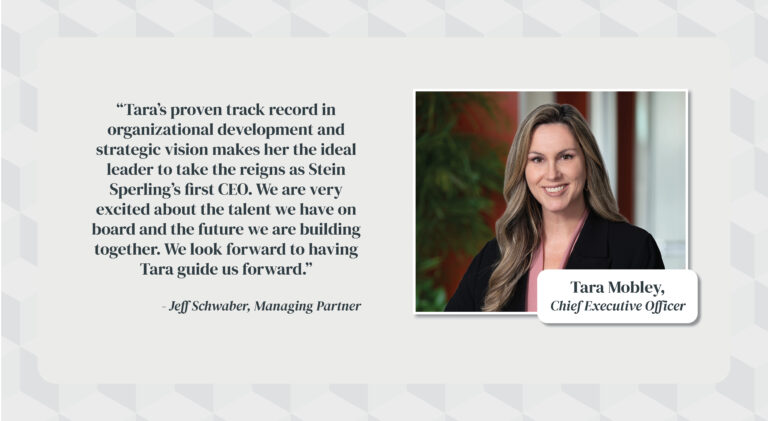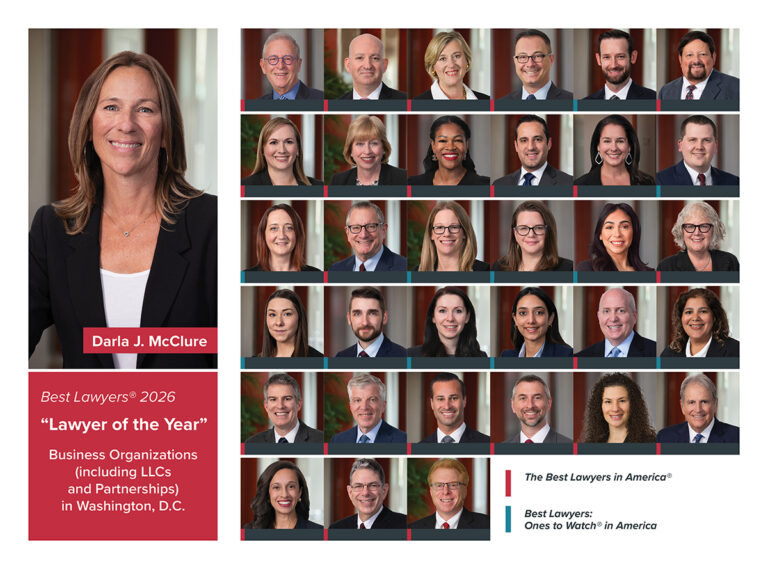July 15th, 2022
Virginia Bans Pay-if-Paid Provisions in Construction Contracts
Posted in: Construction Law Featured Tagged: Andrew L. Schwartz
Author: Andrew L. Schwartz

Virginia recently joined a number of other states that instituted a ban on “pay-if-paid” clauses in construction contracts. “Pay-if-paid” means that a contractor does not have to pay a subcontractor unless and until the owner pays the contractor for the subcontractor’s work.
In April 2022, Virginia Gov. Glenn Youngkin signed into law Senate Bill 550, which prohibits the “pay-if-paid” clause in public and private construction contracts and establishes certain timelines for payment of invoices on private projects. The law applies to construction contracts executed on or after January 1, 2023.
With this new law, contractors (at any tier) that are parties to a private construction contract are required to pay subcontractors within the earlier of (i) sixty (60) days of satisfactory completion of the work for which the subcontractor has invoiced, or (ii) seven (7) days after receiving payment from the owner for the subcontractor’s work. Owners must pay general contractors within sixty (60) days of receipt of an invoice following satisfactory completion of the work. Interest and penalties apply to late payments.
Notwithstanding the ban on “pay-if-paid” provisions, there is an exception in private construction contracts. A “pay-if-paid” clause may still be effective in the event that the paying party is “insolvent or a debtor in bankruptcy.” This same protection does not apply to a public project general contractor.
Additionally, owners, contractors and subcontractors will still be entitled to withhold payment in the event of a good faith dispute over nonconforming work, provided, however, there is written notice detailing the specific reason for the withholding of payment. If there are contract clauses contrary to this new law, they will likely be unenforceable.
Now is a great time to review your construction contracts and make sure your contracts comply with applicable law and remain enforceable. If you have questions about your construction contracts, please contact Andrew L. Schwartz, Esquire.







